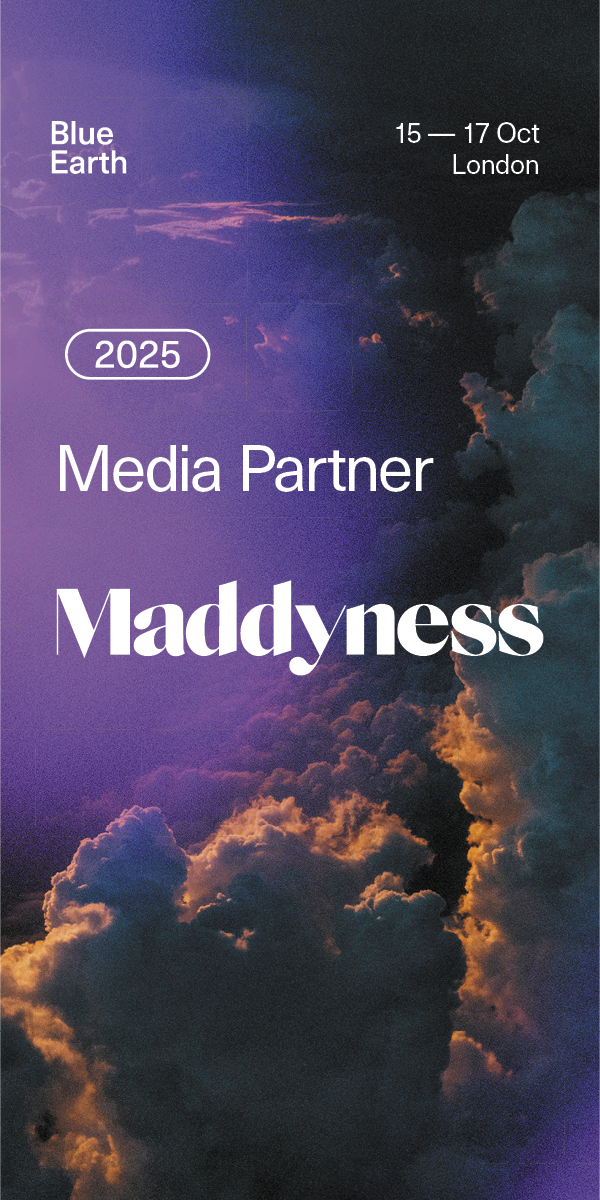Microsoft has hefty ambitions to become carbon negative by 2030 – continuing, as we mentioned at the start of this week, ‘to erase its entire carbon footprint as a company – by removing the same amount of CO2 from the atmosphere as it has ever emitted – by 2050.’
If the below table from sustainable investment tool Clim8 Invest is anything to go by, Microsoft is leaps and bounds ahead of Big Tech companions Facebook, Google and Apple with its climate targets and follow-through.

Part of Microsoft's plan involves supporting green innovation with time, technical tools and money. The AI for Earth programme, for example, assists organisations applying AI to environmental challenges through grants and cloud computing infrastructure.
One organisation to have emerged from this of late is Recycleye, which is training recycling robotics up to bring transparency and traceability to the waste management industry. 2T tonnes of waste are produced each year, with only 8% recycled.
The efficiency and take-up of recycling is hampered by the complexity of sorting materials correctly. This is a key step in ensuring the quality of the end result, but one that demands a lot of time and money.
Recycleye's solution – a computer vision system, which is as adept at sorting items into waste streams as the human eye – is cheap, decentralised and fit to be rolled out rapidly across the world. With strategic partners spanning Microsoft, Imperial College London, and the Alliance to End Plastic Waste, it has seven vision systems deployed globally and has also developed a database of 2.5M computer training images.
Recently, Recycleye partnered with Microsoft – which it says has "provided instrumental strategic and technological support" – to make this video about its first product, Recycleye Vision, and how Azure facilitates its data storage and analytics.
As computer vision engineer Benedetta Delfino says in the video,
"A new infrared sensor costs around £50K, but the cameras that Recycleye uses are the same ones that you can find in your mobile phone."
With its low-cost hardware solution now in use in several recycling plants, Recycleye is turning attention to its proprietary Robotic Picker. Developed in partnership with the world's largest robotic manufacturers, the automate picker is coming out of research and development into industrialisation.











